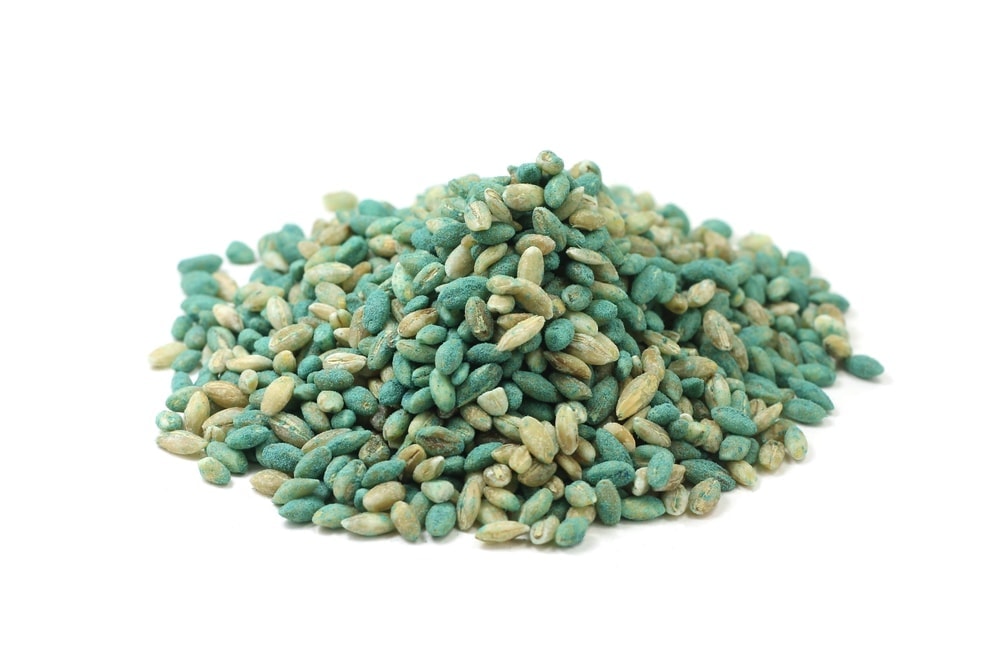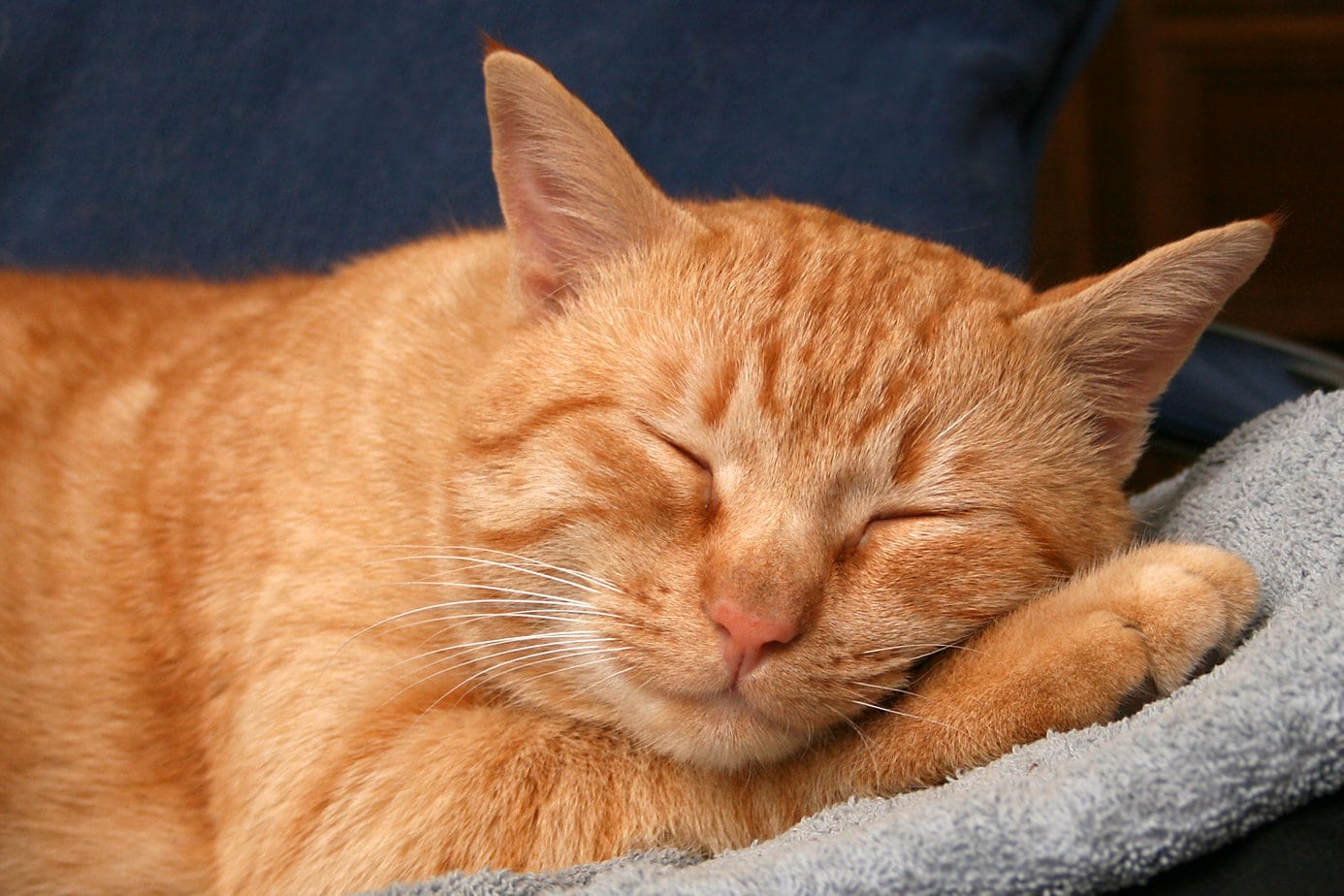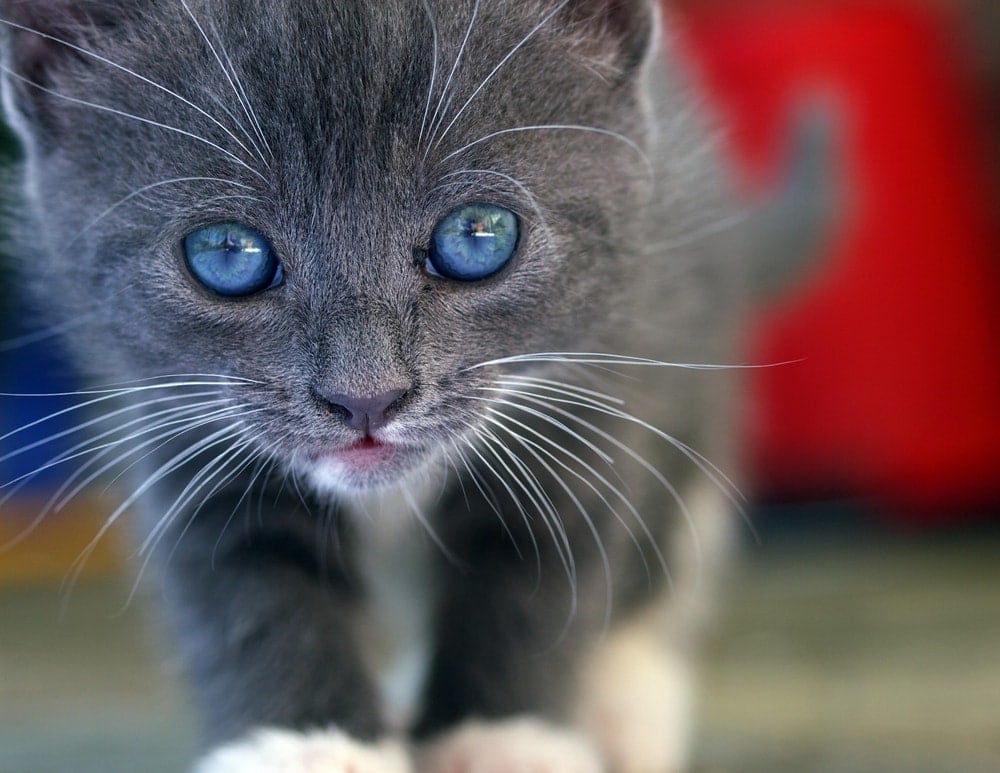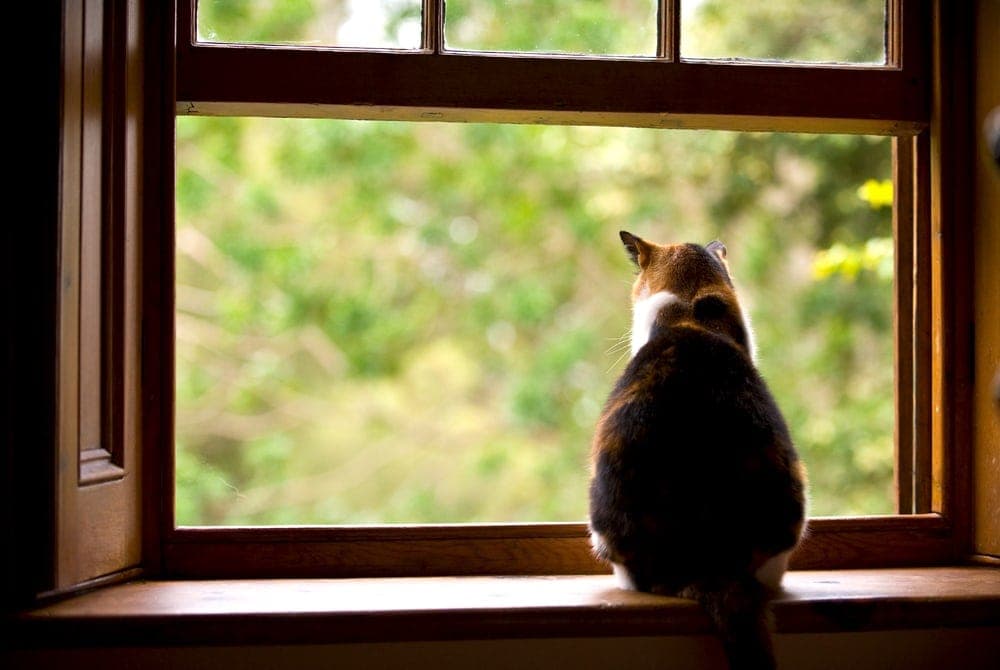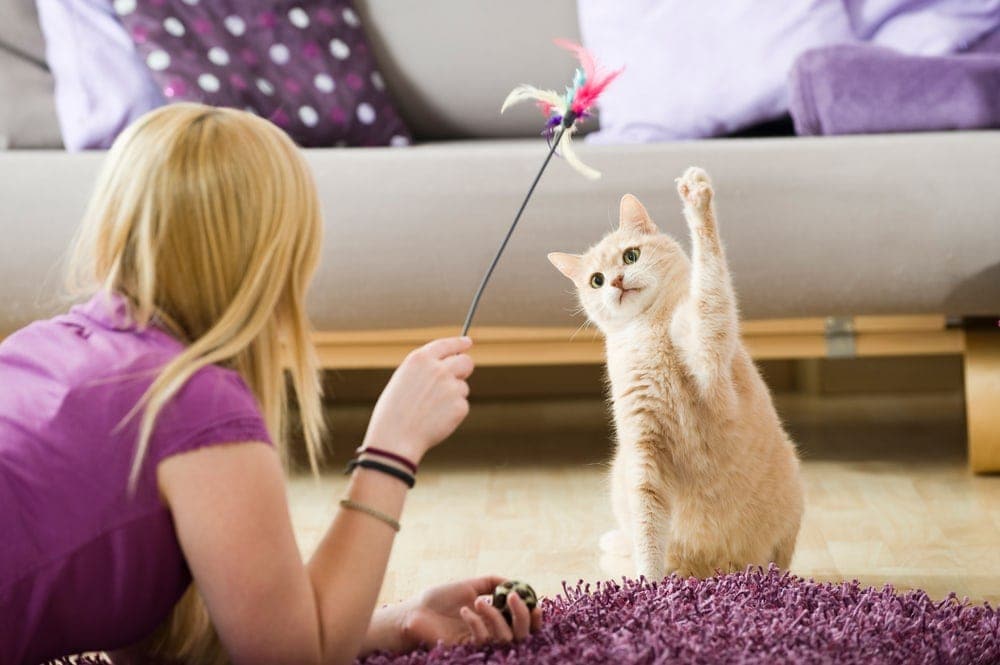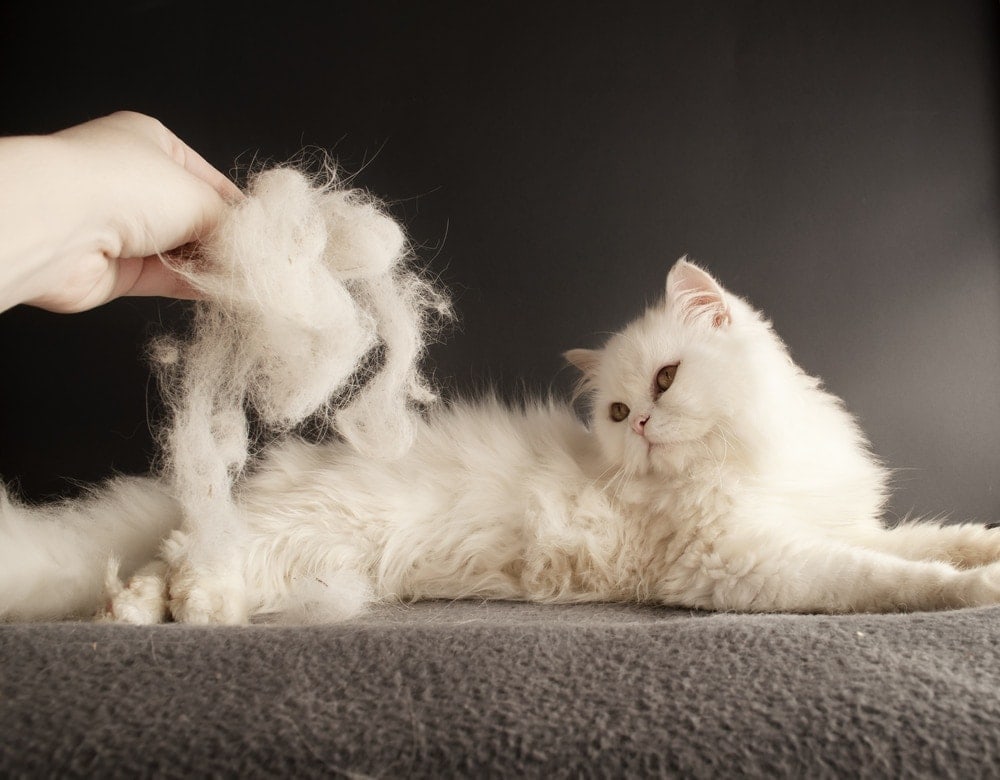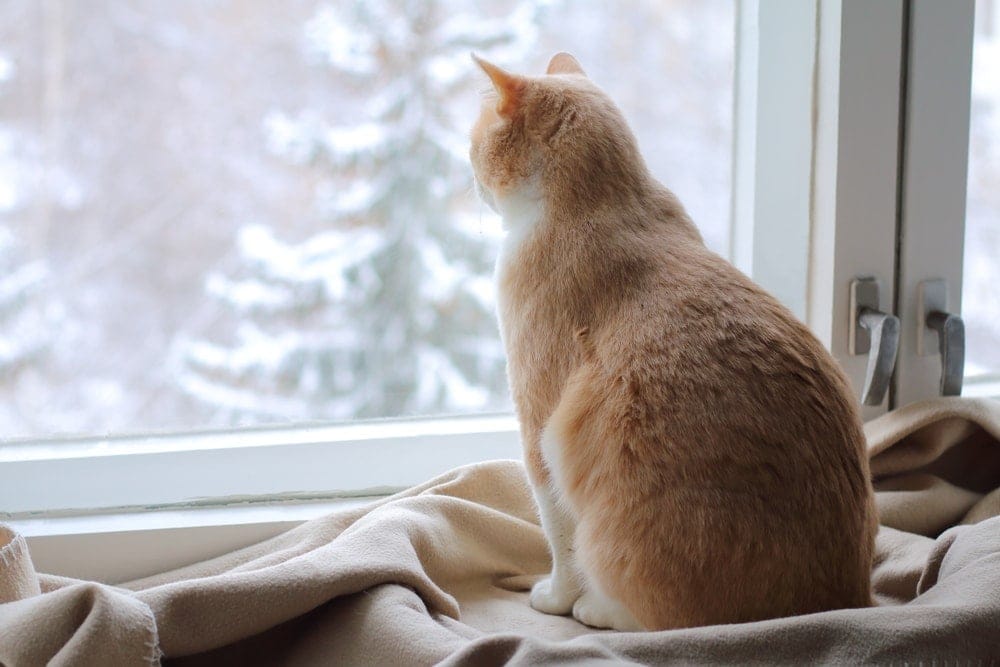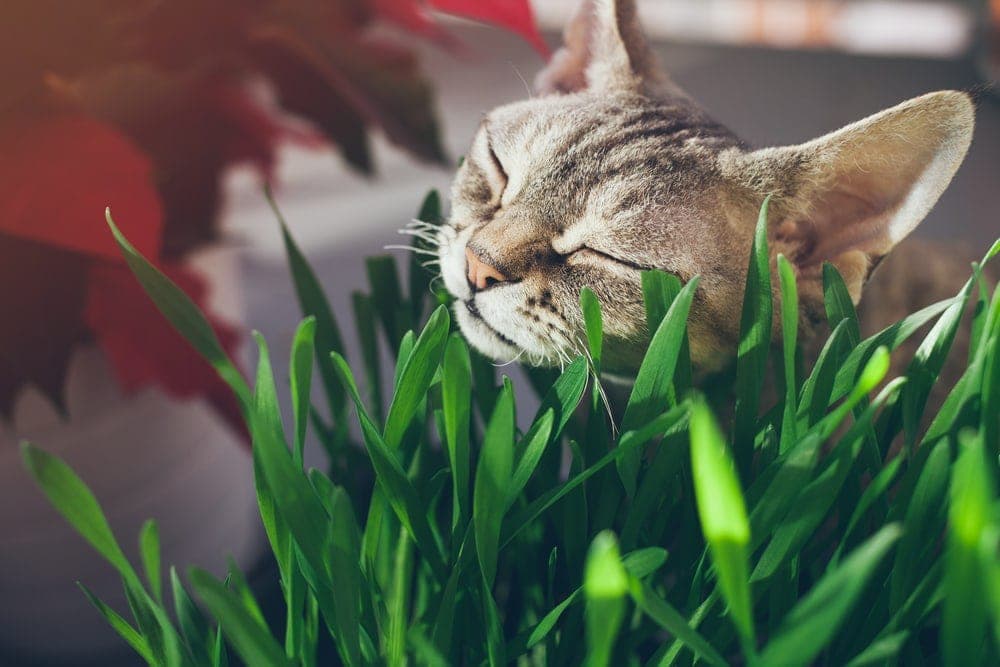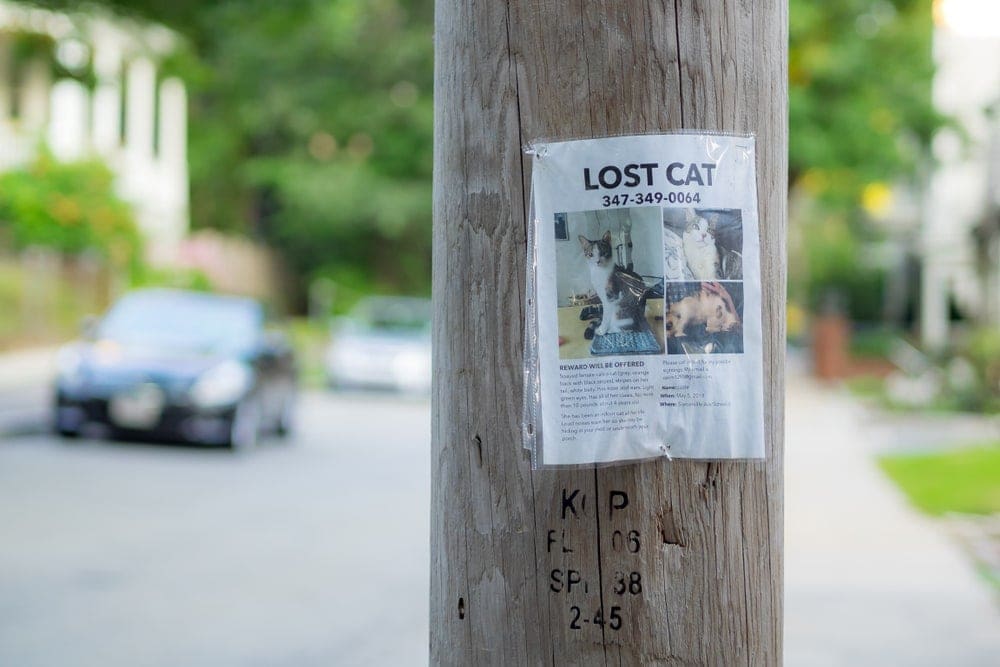Rat and mouse poison can be very dangerous to cats, so you need to be careful when using it at home.
If you are going to use this method of pest control in your house, it is important that you get all the information you can beforehand.
Types of Rat Poison
You will need to keep in mind that certain types of rat poison are particularly toxic to cats. While all of these poisons can pose a threat to your cat’s wellbeing, some of them are more serious than others.
1. Cholecalciferol
Even very small quantities of cholecaliferol can produce a severe toxic effect in cats. This is a fairly common type of rat poison, and it is one that cat owners should avoid using altogether. If your cat ingests this poison, it could experience kidney damage and even complete failure.
Some of the symptoms to look out for with this poison include:
- Sudden weight loss
- Lethargic behavior
- Muscle weakness
- Increased thirst
- Bad breath
- Increased urination
When you take your cat to the veterinarian for treatment, they will likely give them IV fluids to minimize the negative effects of the poison. These fluids will help remove the buildup of calcium, which can be lethal to your kitty.
2. Anticoagulant rodenticides
There are also anticoagulant rodenticides, which can also negatively impact your cat’s overall health. The good news is that if your cat goes ingest any of this poison, there is an antidote that can reverse its effects.
If your cat suffers from ACR poisoning, you probably won’t begin to see the effects until a few days later. Some of the symptoms include lethargic behavior, vomiting, pale gums, collapse, bleeding from gums, coughing and bloody nose. You might also notice small red bumps on your cat’s skin.
The sooner that you get your cat to the veterinarian for treatment, the better off it is going to be. The standard treatment for this type of poisoning is vitamin K1. Your cat will need to continue taking this vitamin supplement for about a month.
3. Phosphides
There are also phosphides, which make for very powerful and effective rat poison. They can also put the overall health and wellbeing of your cat in jeopardy. These poisons are commonly used to kill larger rodents, including gophers.
Some of the symptoms of phosphide poisoning in cats include:
- Extreme and rapid weight loss
- Labored breathing
- Muscle weakness
- Bloating of the stomach
It is imperative that you get your cat treatment for this type of poisoning right away. You don’t want to put off taking them to the vet. If your cat ingests this type of poison, you should avoid feeding them altogether. This is due to the fact that a full stomach speeds up the toxic effects.
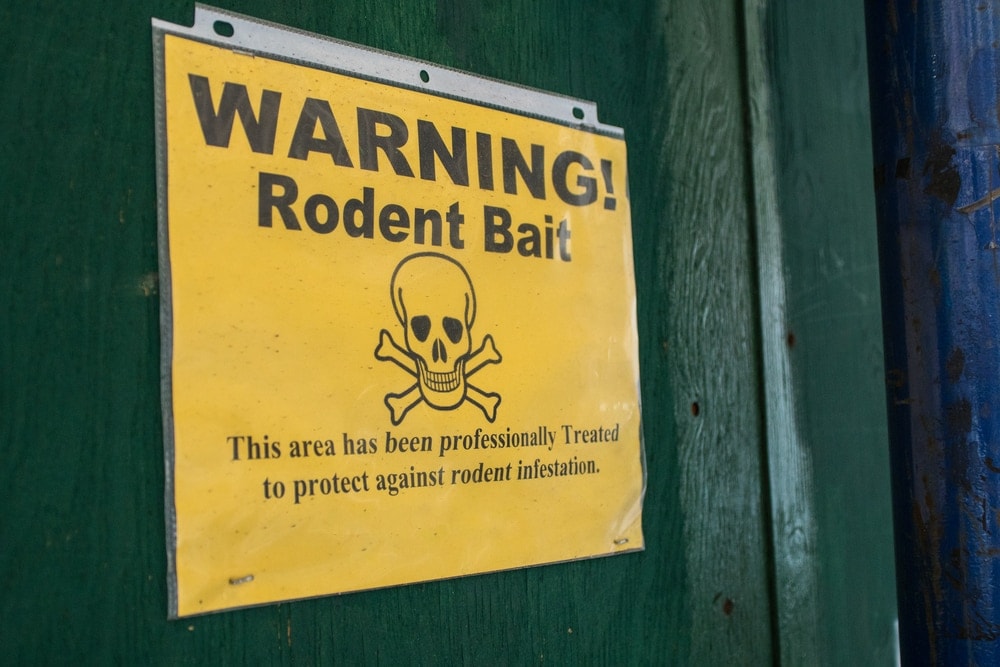
How to Keep Your Cat from Eating Rat Poison
There are a lot of different tips that you’ll want to follow when it comes to keeping your cat from eating rat poison. These tips can potentially help to save your cat’s life.
Don’t let your cat outside
If you use rat poison around the outside of your house, you’ll want to keep your cat indoors. Put them on a leash if you want them to get some fresh air and exercise outdoors. This way you will be able to keep them away from any poison that could threaten their life.
Use Pet-Friendly Rodenticides
There are numerous rat poisons on the market that are entirely pet-friendly, specifically for cats and dogs. Take some time to see what your options are like so you can make the right decision. With all of the different products available on the market, you don’t want to choose just any of them.
Make sure that you look at all of the ingredients of each rat poison before deciding to use one in particular. This will guarantee that you get a product that won’t pose any danger to your feline friend.
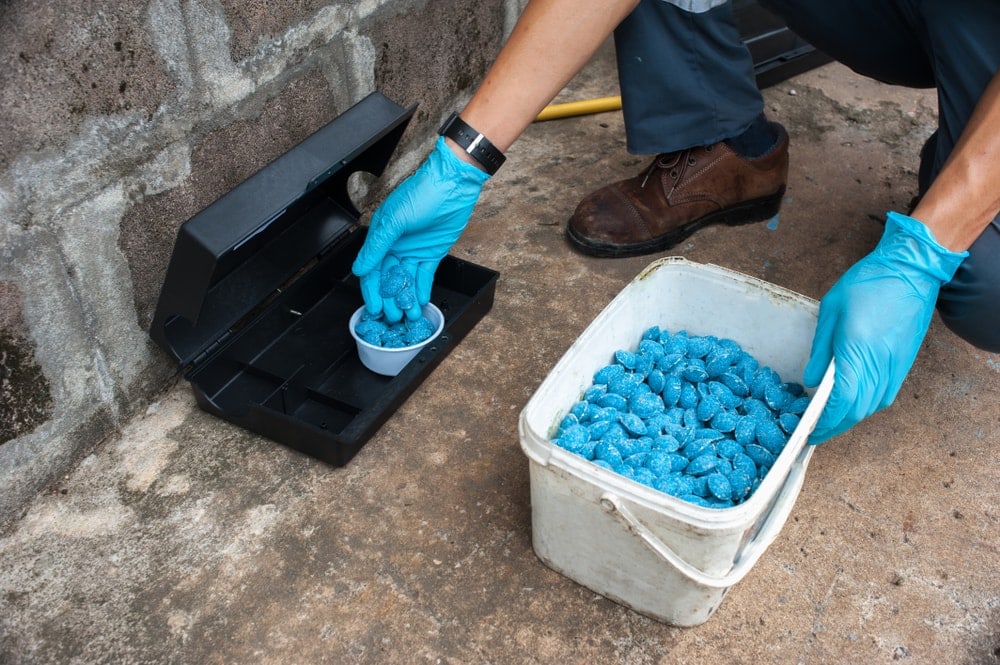
Choose Your Exterminator Carefully
When you need to hire an exterminator, you’ll want to choose one that does not use any chemicals that are harmful to cats. This will give you peace of mind and allow your cat to wander in and around the house without any issues.
Take the time to speak with at least a few different exterminators before you decide on one in particular to hire. This will give you the services you need without having to worry about whether or not your cat is going to be okay.
Check around your Neighbors’ Homes
If you let your cat outside to wander around, you need to make sure that none of your neighbors are using any rat poisons outside that are toxic to your cat. If you find out that this is the case, you can always politely ask them to stop.
Just explain to them that you have an outdoor cat that you want to keep safe. If your neighbors refuse to stop using the poison, you can always just keep your cat inside or take it out on a leash for daily exercise.
Conclusion
- There are numerous types of rat poison that people use, and many of them are very dangerous to cats.
- Cholecalicferol is a common type of rat poison that is extremely toxic to cats if ingested. Some of the symptoms include kidney failure, increased thirst, bad breath, tremors, and weight loss.
- Phosphides are also toxic to cats, even in very small quantities. Some of the signs to look for in your cat include trouble breathing, a bloated stomach and lethargic behavior.
- There are certain rat poisons that use anticoagulants, which can be life threatening to your kitty. These rat poisons can cause pale gums, vomiting, bloody nose, swelling of the skin and even death in cats that ingest them.
- If you suspect that your cat has eaten any amount of rat poison, you should get them to the vet right away.
- If you need to use rat poison in or around your home, look for one that is pet-friendly.
